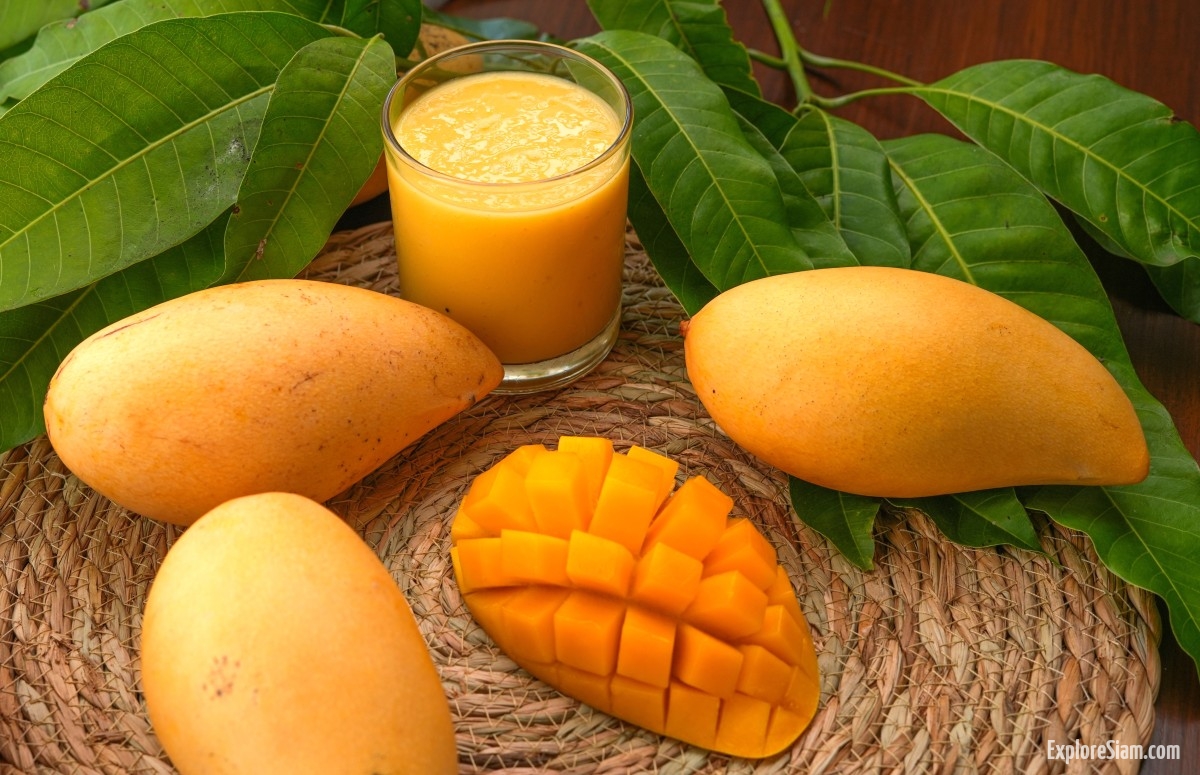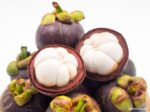Mangoes, often referred to as the “king of fruits”, are beloved around the world for their sweet, juicy flesh and vibrant flavor. Originating from South Asia, mangoes have become a global sensation, enjoyed fresh, dried, juiced, or incorporated into a myriad of culinary creations. This guide delves into the rich history, diverse varieties, health benefits, and culinary versatility of this remarkable fruit.
History and Cultural Significance
Mangoes have a storied history that dates back over 4,000 years. Native to the Indian subcontinent, they were first cultivated in India, Myanmar, and Bangladesh. The fruit holds a sacred place in Indian culture, symbolizing love and prosperity. Ancient Indian poets and artists often celebrated mangoes in their works, and the fruit is frequently mentioned in Hindu scriptures. As traders and explorers traveled, they carried mango seeds to distant lands, spreading their cultivation to Southeast Asia, Africa, and the Americas.
In many cultures, mangoes are more than just a fruit; they are a symbol of hospitality and friendship. In India, gifting a basket of mangoes is considered a gesture of goodwill. Similarly, in the Philippines, mangoes are a popular gift during the holiday season. The fruit also plays a significant role in various festivals and rituals, underscoring its cultural importance.
Varieties of Mangoes
Mangoes come in a dazzling array of varieties, each with its unique flavor, texture, and appearance. In India alone, there are over 1,000 different types of mangoes. Some of the most renowned varieties include the Alphonso, known for its rich, creamy texture and aromatic sweetness; the Kesar, with its saffron-colored flesh and honey-like taste; and the Himsagar, celebrated for its fiberless flesh and intense flavor.
In the Americas, popular varieties include the Tommy Atkins, which is firm and less sweet, making it ideal for commercial distribution; the Ataulfo, also known as the honey mango, prized for its buttery texture and sweet taste; and the Kent, which is juicy and flavorful, with minimal fiber. Each variety offers a unique taste experience, catering to diverse palates worldwide.
Health Benefits
Mangoes are not only delicious but also packed with essential nutrients. They are an excellent source of vitamins A and C, which are vital for maintaining healthy skin, vision, and immune function. The high fiber content in mangoes aids digestion and promotes gut health, while the antioxidants help protect the body against free radicals and reduce the risk of chronic diseases.
The fruit also contains a variety of bioactive compounds, such as polyphenols and carotenoids, which have anti-inflammatory and anti-cancer properties. Regular consumption of mangoes can contribute to overall health and well-being, making them a valuable addition to a balanced diet.
Culinary Uses
The culinary versatility of mangoes is truly remarkable. They can be enjoyed in their purest form, sliced and eaten fresh, or used in a wide range of dishes, from savory to sweet. In tropical regions, mangoes are a staple ingredient in many traditional recipes.
In India, mangoes are used to make aamras, a popular dessert made from pureed mangoes, often enjoyed with bread or rice. Mango chutney, a tangy condiment made from cooked mangoes, spices, and sugar, is a staple accompaniment to many Indian dishes. In Southeast Asia, green mangoes are often used in salads, such as Thailand’s famous som tam, which combines shredded mango with lime juice, fish sauce, peanuts, and chili for a refreshing and spicy dish.
Mangoes are also a popular ingredient in beverages. Mango lassi, a traditional Indian yogurt-based drink, is a refreshing way to cool down on a hot day. In the Philippines, mango shakes and smoothies are a beloved treat, while in Mexico, mangoes are often paired with chili powder and lime juice for a spicy-sweet snack.
Mangoes are a fruit that transcends borders and cultures, bringing a burst of tropical flavor to dishes around the world. Their rich history, diverse varieties, numerous health benefits, and culinary adaptability make them a truly special fruit. Whether you enjoy them fresh, blended into a smoothie, or incorporated into a savory dish, mangoes are sure to delight your taste buds and nourish your body. As you savor the sweet, juicy flesh of a mango, you are also partaking in a tradition that has been cherished for millennia.





